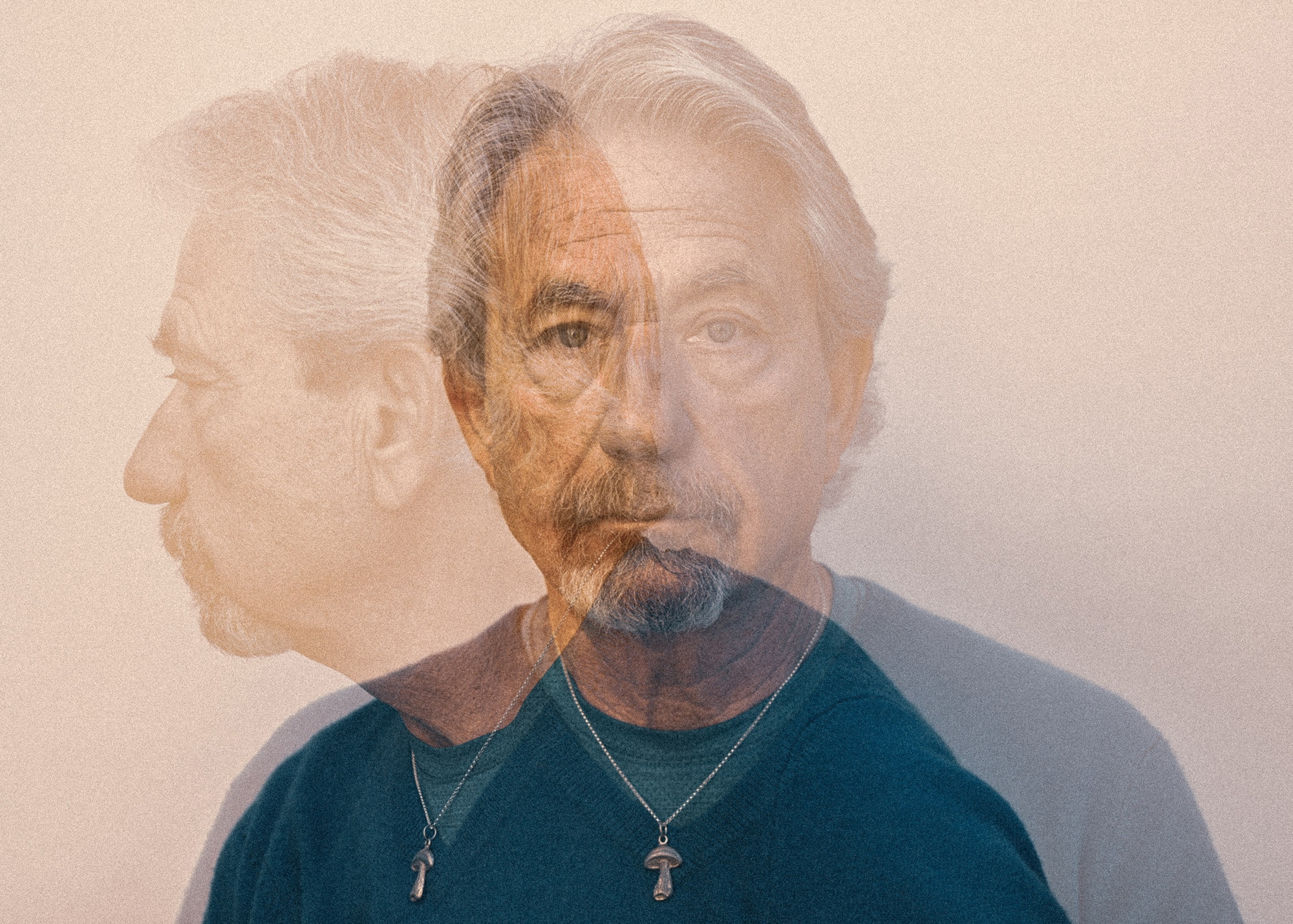Stop and smell the roses. A cliché, of course, but also some of the simplest and soundest advice, and at the heart of many science-backed theories of how to lead a happier and healthier life.
Louie Schwartzberg has spent a lifetime taking this philosophy to its most meticulous extreme, poring over every detail of the flow of life on this planet as a prolific time-lapse cinematographer. He has been constantly filming nature unfold — literally, 24 hours a day, seven days a week — for 40 years. In four decades he has captured around 16 hours of good quality footage, which might not seem like a significant haul for an entire life’s work, but every second of this material is important and breathtaking. Louie is not just smelling the roses, he’s savoring every second of their existence, considering what they have to teach us, and sharing it with others.
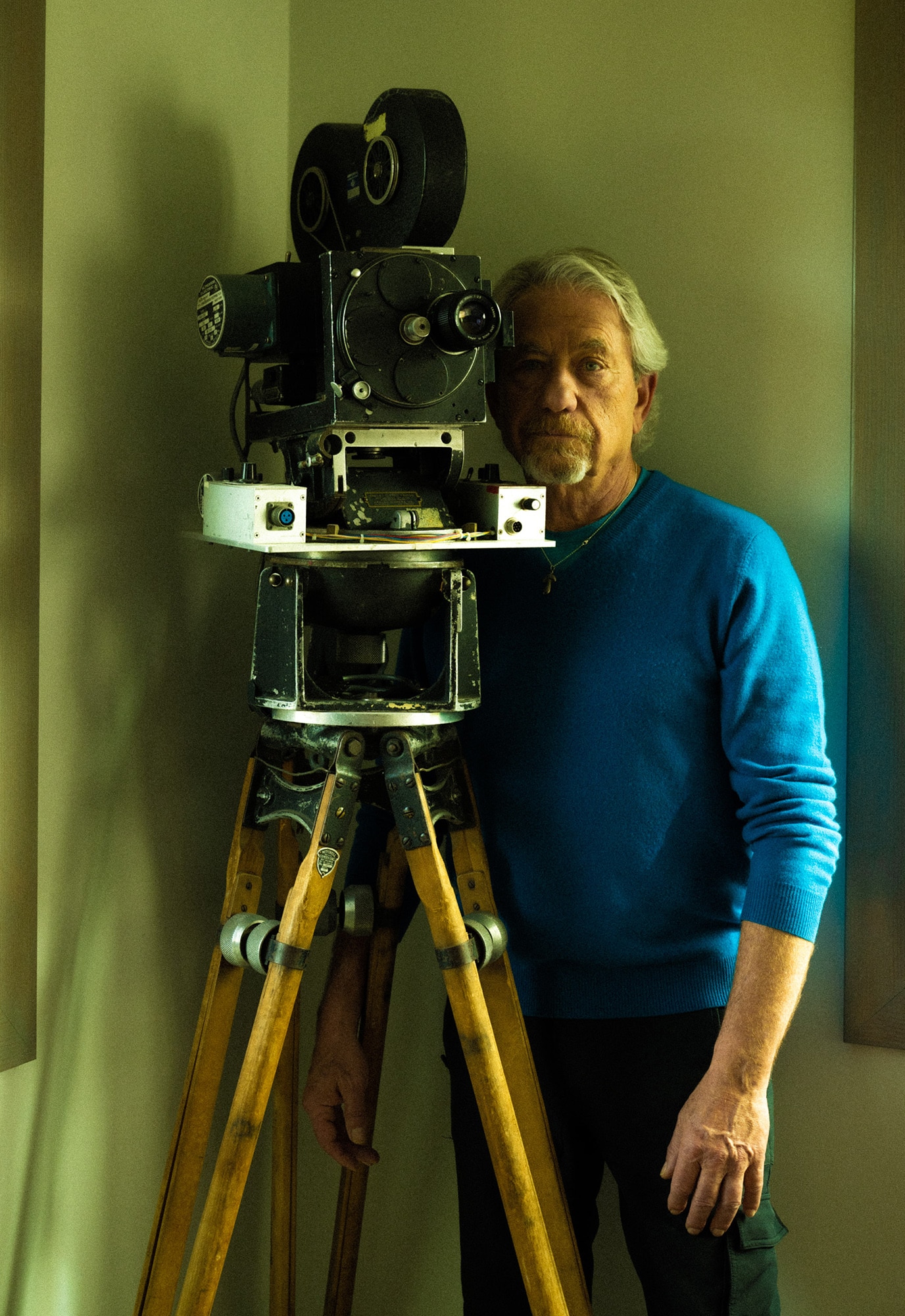
“I started shooting time-lapse pretty much right out of college, because I couldn’t afford film,” Louie, now 72, explains. “Time-lapse was more affordable, it can take me a couple of months to shoot a four-minute roll of film. Each 24 hours, I get an average of two or three seconds of screen time. There’s also a lot of failure, where flowers don’t open, or fall out of frame. The fact the return is so small implores me to keep it going non-stop. And it’s what gets me out of bed every morning, and feeds my soul in terms of wonder and awe.”
Louie’s work sits at the intersection of art and science, and he is the founder of Moving Art Studios, which utilizes his time-lapse and altered speed footage for both entertainment and medicine. “I’m always trying to ask questions,” he says. “Unveiling the mystery of what makes life work, going deeper and deeper into exploring nature’s operating instructions, and how we can live in harmony with nature in order for life to flourish.” The 2011 Disney documentary ‘Wings of Life‘, which Louie directed and produced and was narrated by Hollywood legend Meryl Streep, was the breakthrough that first introduced his work to a broader audience. That film captures the hidden beauty of pollination, framing the relationship between plants and animals as the love story that feeds the world. In recent years, he has become best known for exploring the magical world of mushrooms, with ‘Fantastic Fungi‘, the 2019 cult hit film that he directed and produced for Netflix, as gorgeous as it is informative. His latest project, a documentary and interactive education experience called ‘Gratitude Revealed‘, is another labor of love — a culmination of Louie’s life well spent, examining how we can lead a more joyful existence by appreciating the beauty all around us.
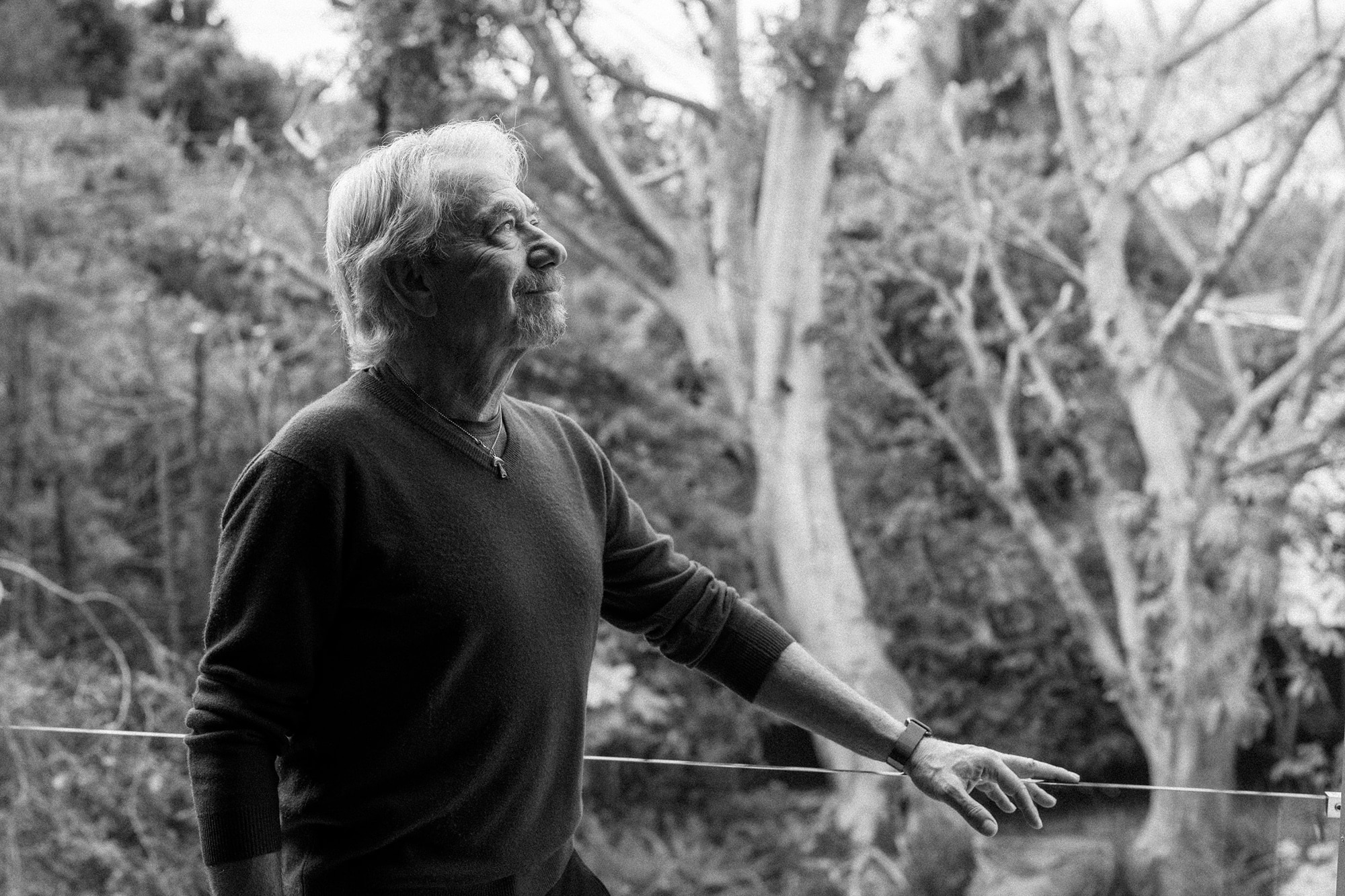
“I’ve always been attracted to capturing these stories of people who have overcome adversity and still have hope and gratitude in their lives,” Louie explains. “That was inspired by growing up under the roof of my parents, who were Holocaust survivors and survived Auschwitz. I observed how they appreciated all the little things in life; food on the table, a roof over your head, the miracle of having children and a job. To them, that was heaven on earth.”
Following his parents’ lead, Louie immersed himself in life’s simple pleasures, in particular the natural world. And this is where he found his purpose — capturing and sharing the beauty around us to encourage action to protect our planet. He currently has a studio in his home in Studio City, California, dedicated to filming his time-lapse nature cinematography (much of this work needs to be done indoors, to avoid the variables out in the wild). And he has served on the board of the Earth Communications Office and the Environmental Media Association, helping to use the power of entertainment to highlight critical environmental issues.
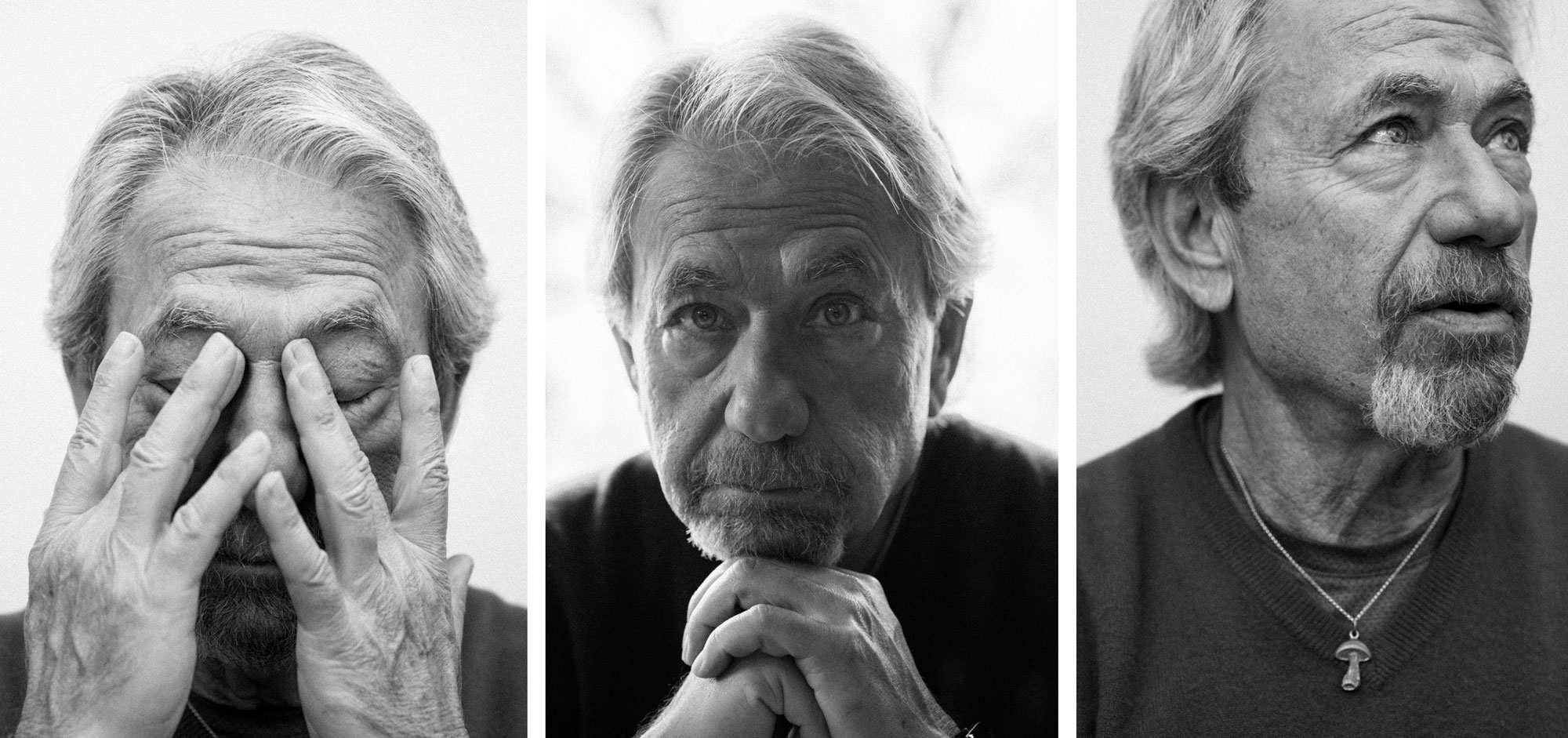
As he explored what makes life on earth tick, Louie was first seduced by the romance between flora and fauna, before becoming captivated by the role of fungi in the ecosystem. Mushrooms are undoubtedly having a moment in culture, art, and medicine. In the year’s most talked-about piece of fiction, the HBO series ‘The Last of Us’, it’s a parasitic fungus that takes over the minds of humans and turns them into zombies. And in Prince Harry’s recently-released memoir ‘Spare’, the fastest-selling non-fiction book in history, he reveals how he has used psilocybin — the ‘magic’ ingredient that makes some mushrooms psychoactive — to treat grief and trauma, along with detailing some of the drug’s more colorful side effects, like his interactions with a talking toilet.
Louie’s ‘Fantastic Fungi’ film is a wonderful introduction to the power of the mushroom, and shows us that rather than cause a world-threatening zombie apocalypse, it’s more likely to be the planet’s savior. People often associate fungi, or mold, with death and decay. But these organisms are the forest’s digestive tract, breaking down plants to allow fresh life to grow, and also represent rebirth. They are not a vegetable, or an animal, but somewhere in between — with the intelligence to adapt to solve problems.
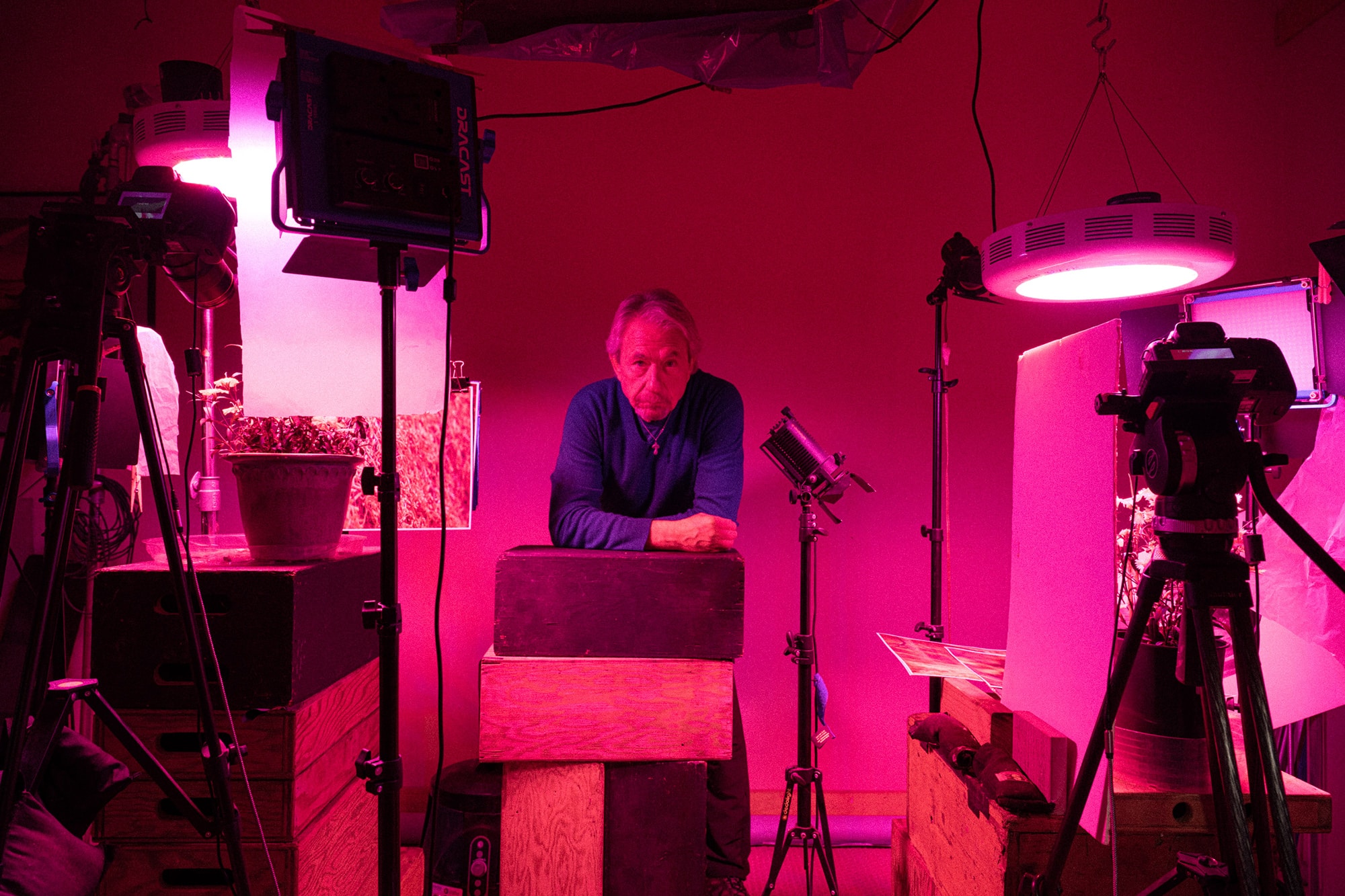
“Mushrooms can heal the earth, your body, and your mind,” says Louie. ‘If you look at the earth, they are critical for bioremediation — they can break down toxins and poisons, so have remarkable potential for cleaning up our environment. Then penicillin, which is a mold, has saved more human lives than any other medicine on the planet. And now there’s great research happening with psychedelics, and psilocybin being used to treat patients with end of life anxiety, stress, and other mental health challenges.”
Perhaps the most profound, and beautiful, sequence in ‘Fantastic Fungi’ focuses on the underground mycelial network; the tiny threads of fungi which connect plants and trees together, and allows them to transfer water, nitrogen, carbon, and other minerals to one another, and even to communicate.
Louie says, “The mycelial network is what makes the forest a community where nutrients are shared, and information is communicated, so ecosystems can flourish without greed. A mother tree uses this network to take care of its young. When we say ‘it’s all connected’ it always sounded like a hippie, new age, thing. But we now have scientific evidence that it’s true.”
Given these findings, it’s intriguing that an awareness of everything being connected, and a oneness with nature, is experienced so universally by people taking magic mushrooms for their psychedelic effects. “I think that when you’re taking psilocybin, you’re becoming present, and there’s a loss of ego,” suggests Louie. “You’re no longer at the center of the universe, and you feel part of something bigger than you. You see things from a different perspective. And that’s what I’m also doing here with my time-lapse work. I can show you there are other realities, like a flower opening and closing and dancing to the light. You don’t see that stuff in your day to day life, but that doesn’t mean it’s not real.”
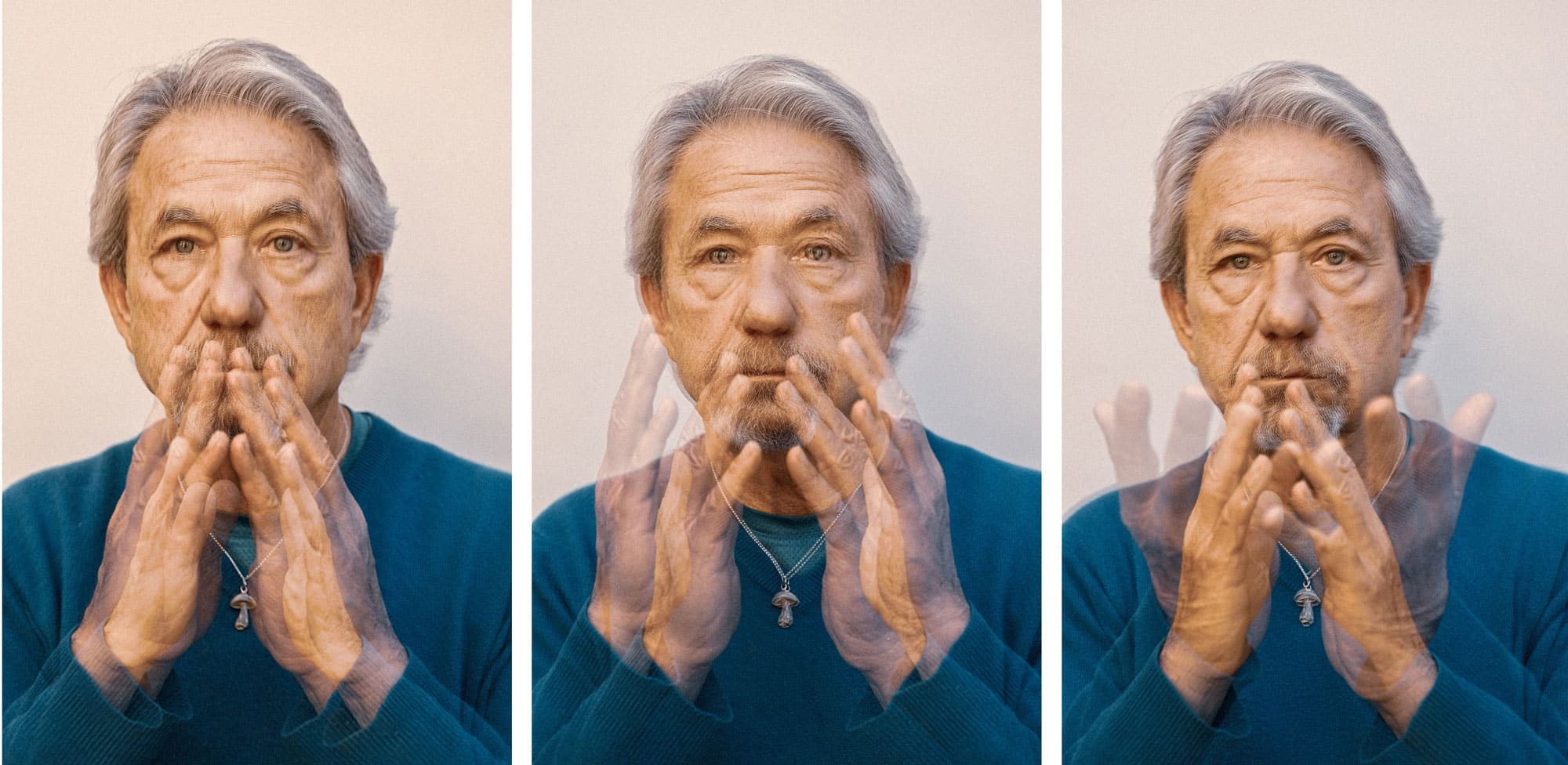
While it’s gaining more mainstream acceptance in recent years, taking mushrooms for their mind-altering effects is certainly nothing new, with evidence that Mayan cultures worshiped their powers, while some enthusiasts even believe it was psilocybin mushrooms that triggered our brain’s transition from our prehistoric ancestors into more advanced homo sapiens. Research into the potential of psilocybin to treat conditions including alcoholism became prevalent in the 1950s and 1960s, before the drugs fell into the hands of recreational users, and became associated with the anti-establishment counterculture that swept the US and beyond. In 1968, President Richard Nixon declared drugs to be “public enemy number one” and in 1971 launched his infamous “war on drugs”, contributing to the demise of medical studies into psychedelics, which were largely shelved for several decades. But in recent years, with the tide of public and political opinion shifting again, medical research in this area is booming once more.
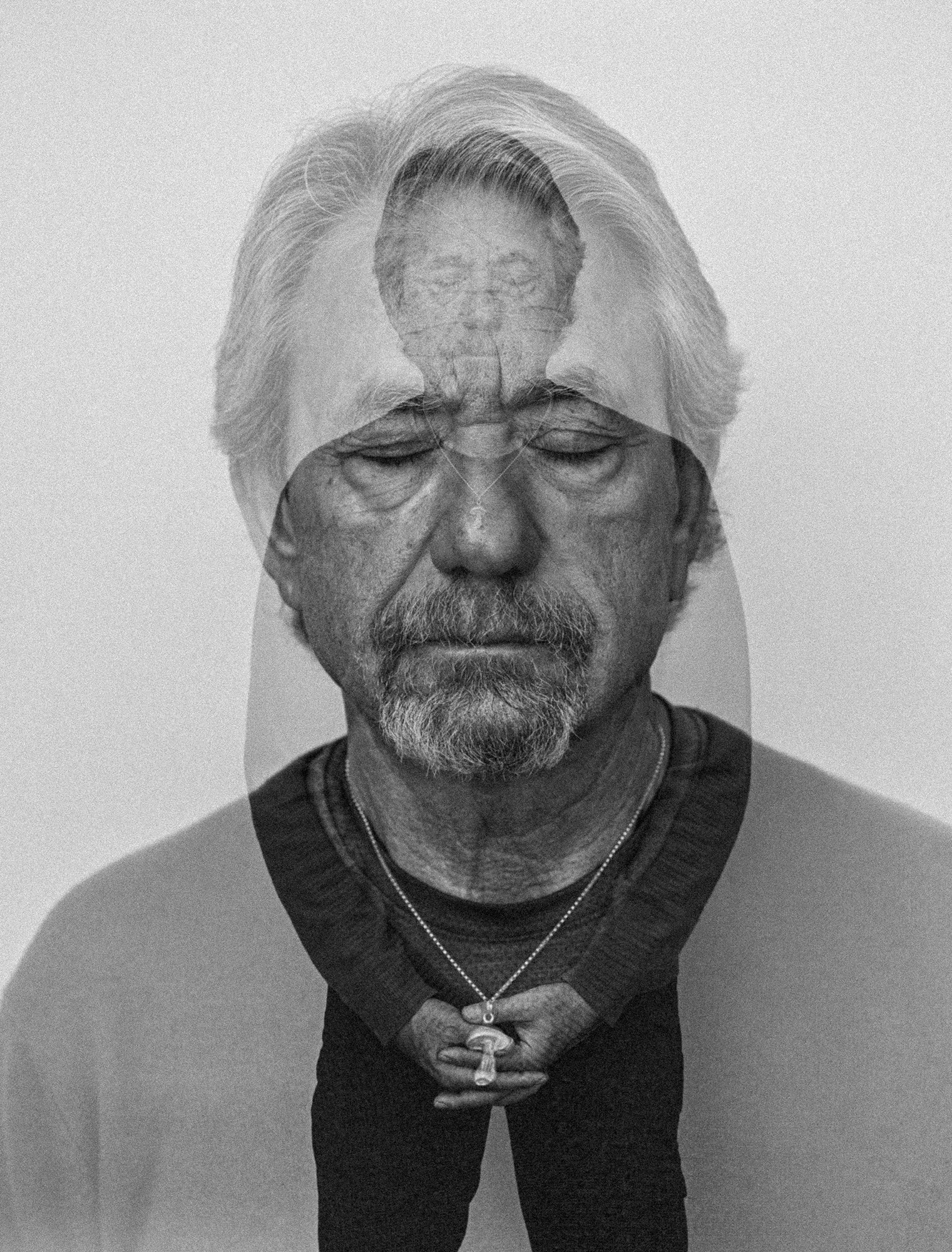
“I’ve counted 60 universities doing clinical trials now,” says Louie. “Harvard, Yale, Stanford, UCLA — it’s pretty remarkable. I’m involved in some really groundbreaking trials in Santa Monica, at the Pacific Neuroscience Institute, to treat alcohol addiction. What’s unique about this trial is while the patients are coming up on the psilocybin, they’re watching my video of rhythms and patterns of nature on an 80-inch TV to ease into this feeling that everything is connected. The rhythms and patterns of nature are almost like a reflection of everything that’s going on inside the cells of your body. It’s amazing how similar everything looks; if you look at a microscopic shot of a cell, it looks like a galaxy.
“They’re finding out this combination is very effective, and we’re now going to do a deeper study at UCSF in San Francisco, where we look at visual healing in more detail, and what kind of visual can help each specific person. Because some people may benefit from watching slow-motion ocean crashes, and others might do better watching time-lapse flowers. This is exciting, cutting-edge research: How can we use nature’s imagery in a built environment, and offer it to people who don’t have the opportunity to take a walk in the forest.”
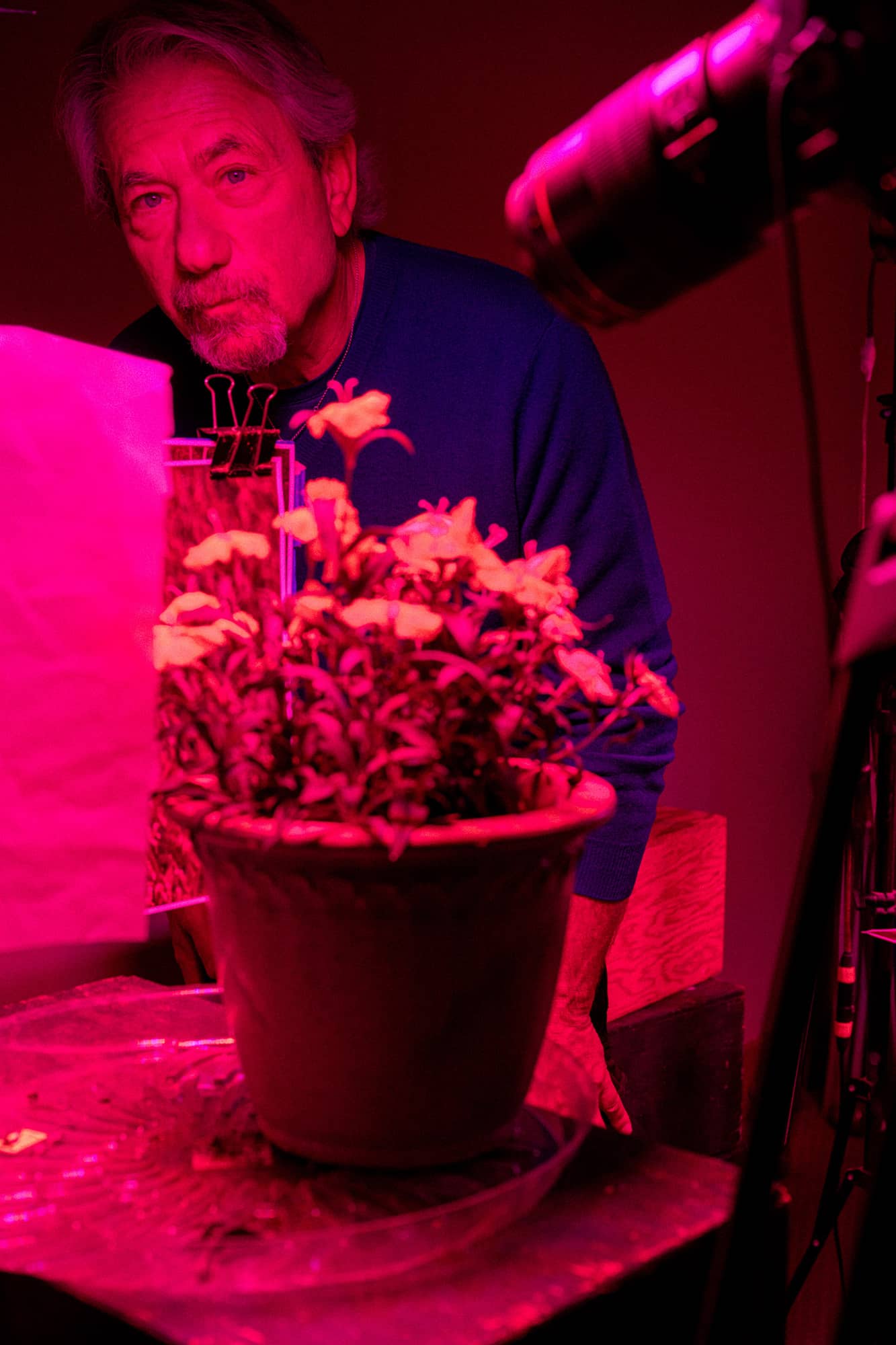
Currently, Louie is intertwining all the threads of his life’s work in his ‘Gratitude Revealed’ project, which has been four decades in the making, featuring footage filmed throughout his career. In 2014, he presented a short version of the film as a TED Talk which went viral with more than 20 million views, and during the Covid-19 lockdown he developed it into a full-length version featuring wisdom from thought leaders including alternative medicine advocate Deepak Chopra, mindfulness expert Jack Kornfield, and legendary screenwriter Norman Lear. More than a documentary, Louie hopes to start a movement, with the film to be shown at events and screenings alongside a companion educational curriculum for those who want to dive deeper into how to connect with the beauty around them, and have more gratitude in their lives.
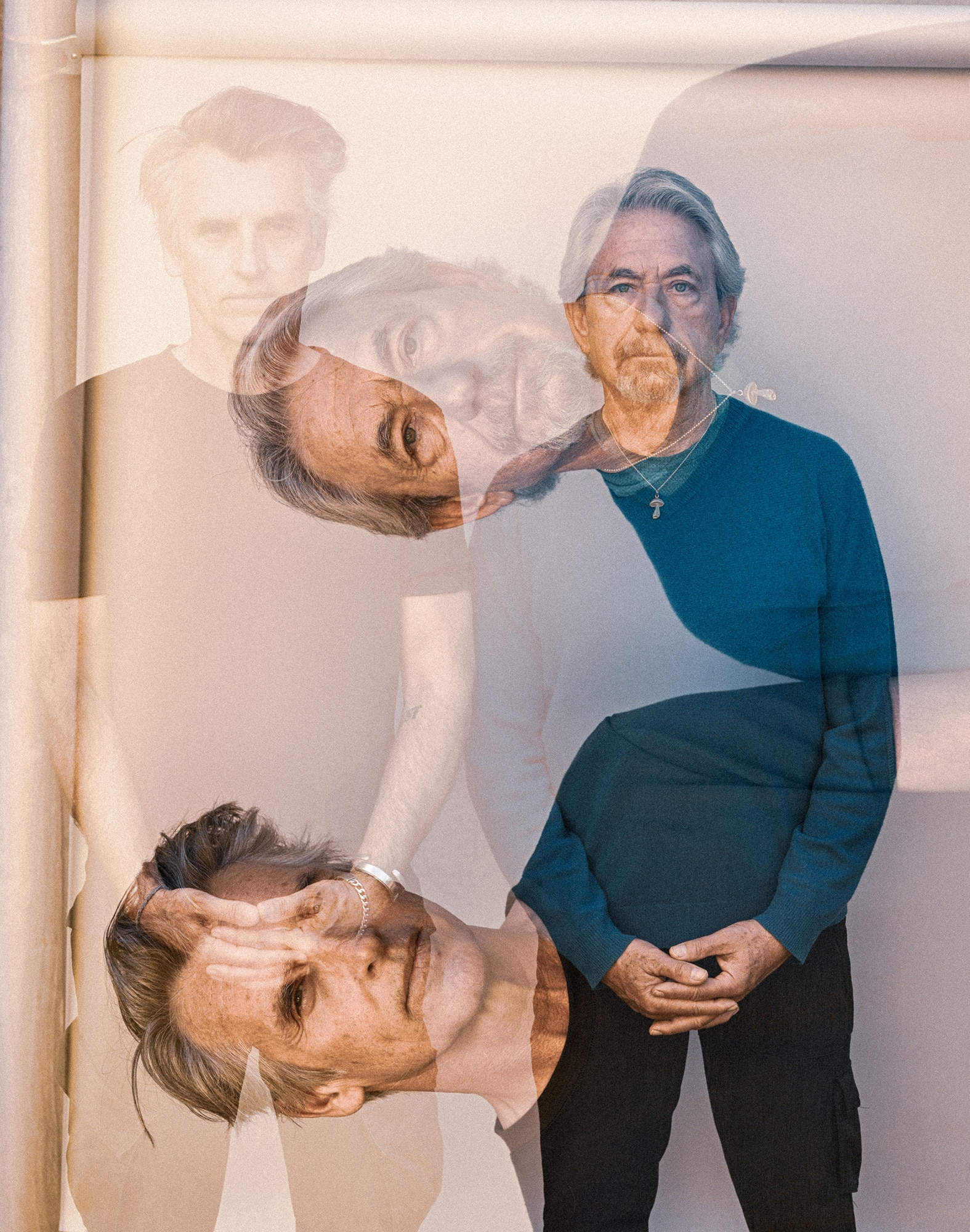
“I think gratitude is the key to happiness,” says Louie. “First of all, you can’t have a negative and a positive thought in your brain at the same time. So when you are swimming in negative ruminating about who screwed you, and what’s lacking in your life, just take a beat and I guarantee you can find something to be grateful for. That stops the negative spiral and is a step in the right direction, which is to thrive and be a part of life. Life is precious, and you’re only here for a small amount of time, so figure out what you want to do, and get on with it. Gratitude works. There’s a ton of scientific research showing that people who journal what they are grateful for can improve their mood and even heal faster.
“If ‘Fantastic Fungi’ was a search for nature’s intelligence by going underground and learning about the mycelial network, and how it is all connected, ‘Gratitude Revealed’ is a journey into the soul, and how we can employ the wisdom that surrounds us. Over three billion years, nature has figured out how to survive and live in harmony. We need to mirror that. And the beautiful thing is that the answers are here, literally under our feet.”
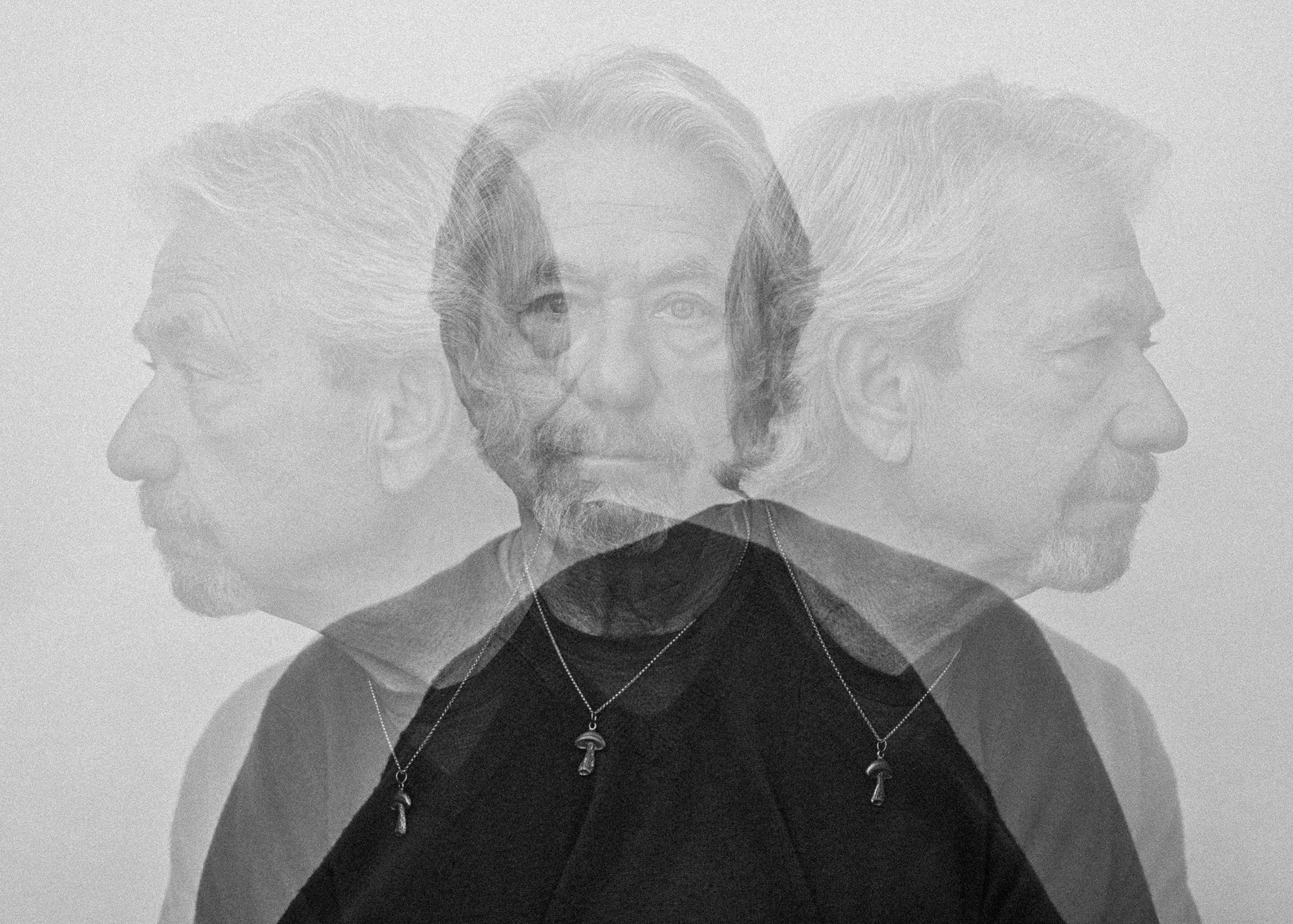
Find out more about Gratitude Revealed


